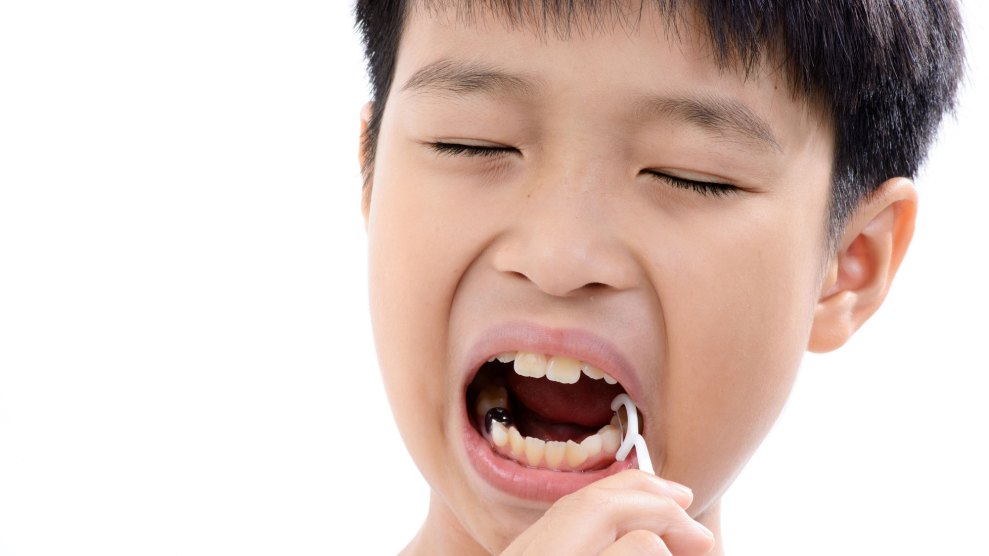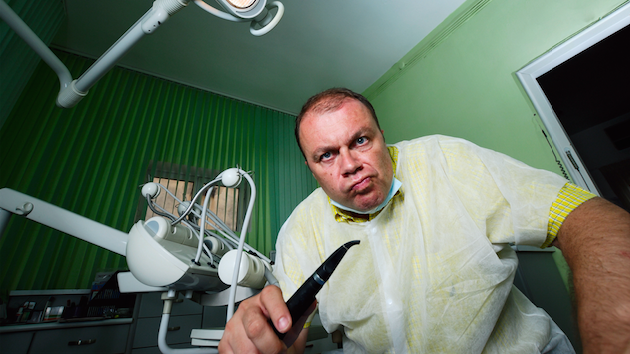
<a href="http://www.shutterstock.com/g/TinnaPong">TinnaPong</a>/Shutterstock
After years of judgment from dentists and abandoned New Year’s resolutions, we may now say without shame: “No, I don’t floss.”
Despite dentists and federal health agencies recommending flossing for decades, the Associated Press looked at research from the Department of Health and Human Services and the Department of Agriculture, and found little evidence that flossing actually helps keep your mouth clean.
Incredibly, reviewing studies that compared the effectiveness of using floss and brushing teeth to only brushing, the AP found most evidence was “weak” or “very low” that floss helps get rid of plaque.
The American Dental Association has already responded, saying it continues to recommend flossing once a day.
“Interdental cleaners such as floss are an essential part of taking care of your teeth and gums,” an ADA press release said. “Cleaning between teeth removes plaque that can lead to cavities or gum disease from the areas where a toothbrush can’t reach.”
The ADA provides a “seal of approval” to floss products that meet their safety and effectiveness standards, and charges manufacturers $14,500 for the initial evaluation, according to the AP. The ADA tells the AP it doesn’t profit from the evaluations, but the AP notes that companies are allowed to design their studies.
Many of the studies that best supported flossing, the AP found, didn’t test enough people, used outdated methods, or were too short to be conclusive. Notably, last year’s edition of the Dietary Guidelines for Americans removed flossing from its recommendations.
As one review of the literature on flossing put it: “The majority of available studies fail to demonstrate that flossing is generally effective in plaque removal.”















